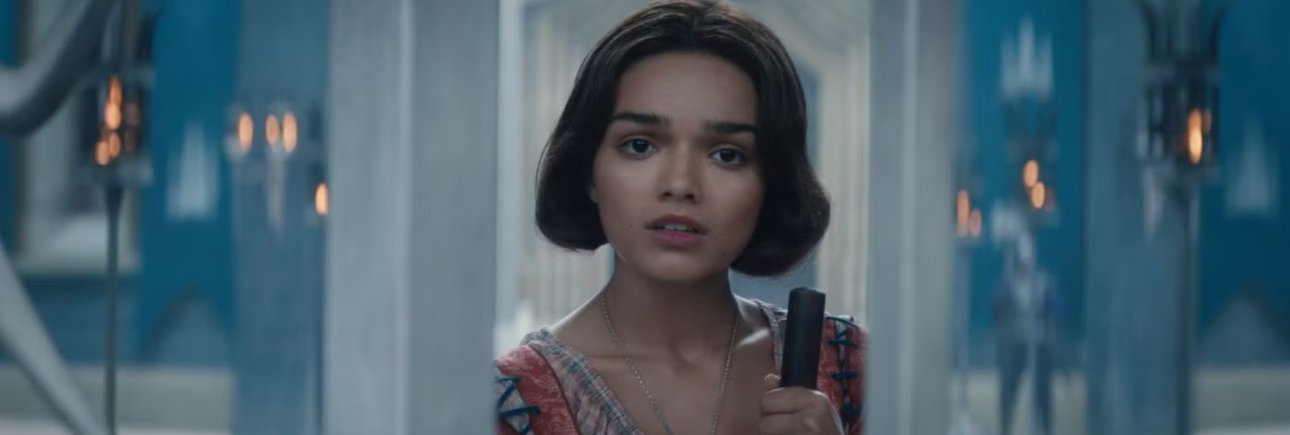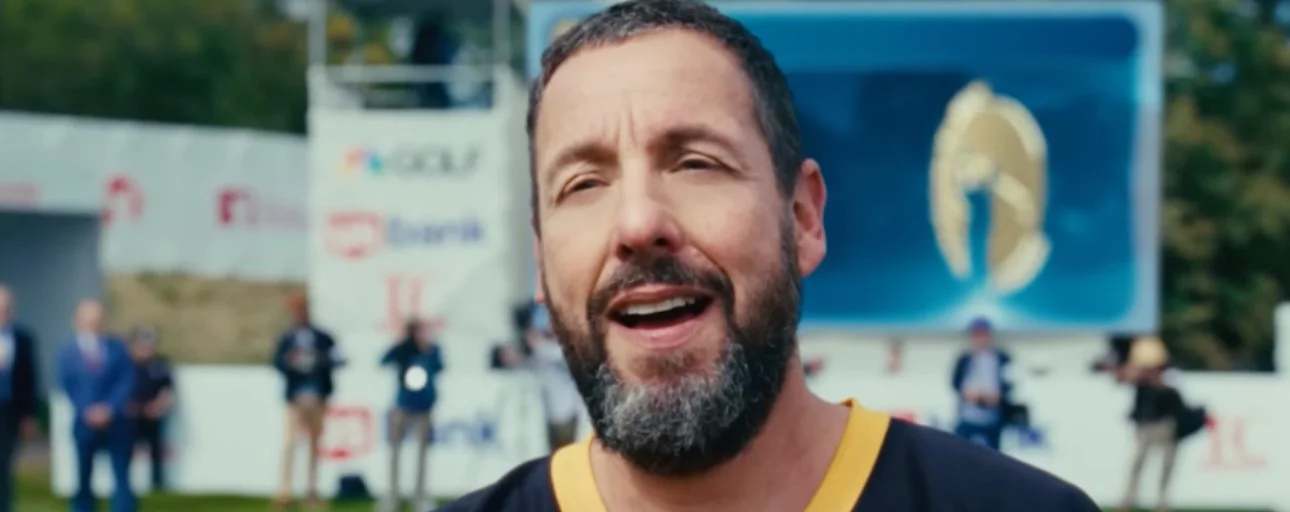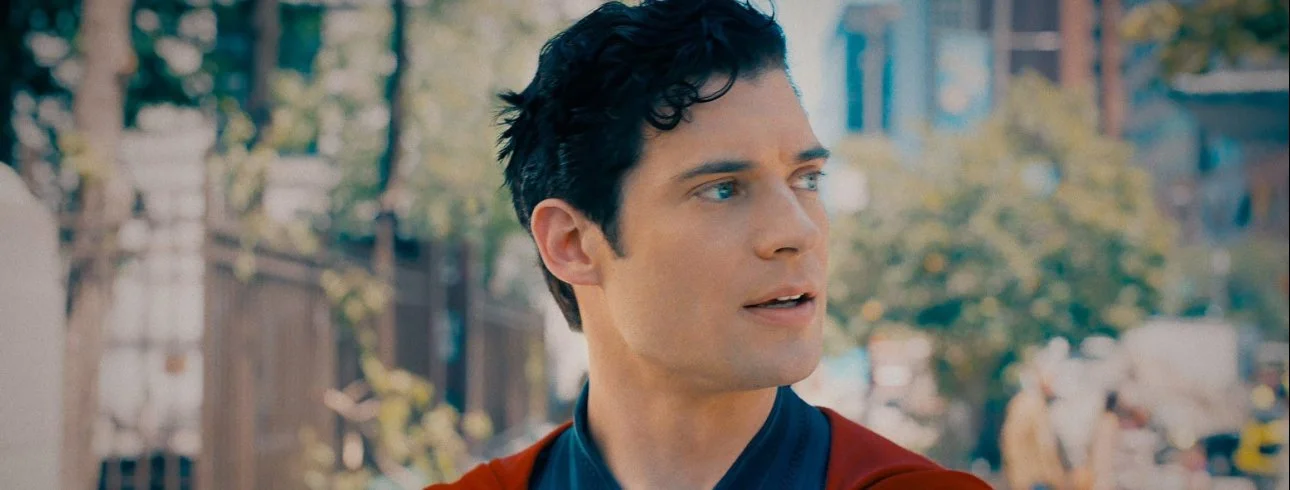In “Being the Ricardos,” Aaron Sorkin tackles the writing, crafting, and packaging of a television program. No, not “The West Wing”, but rather the 1950s TV hit, “I Love Lucy.”
Nicole Kidman and Javier Bardem are miscast as Lucille Ball and Desi Arnaz, and, to make matters worse, Aaron Sorkin’s lifeless filmmaking drowns it out even further. This is bland and unimaginative visual direction that sucks the energy out of every frame. The visuals are flat, the energy is stale, and our curiosity wanders every few seconds. It’s a film made for baby boomers who may have grown up watching ‘Lucy,’ but that’s about it.
Sorkin tackles the week that Lucille Ball was accused of being a communist, and in that same week, the newspapers have an account of Desi allegedly cheating on her. The convoluted story manages to also insert an unnecessary use of talking heads, which leads to flashbacks that recount how both met, fell in love, and took the industry by storm.
It plays out like a game of insider baseball, a curiosity only to those who have a historical interest in Ball’s struggles within the industry and how she managed as the star of TV’s most popular show. Sorkin injects a subplot about gender disparity in the industry, as well as Desi’s struggles to gain respect as a Cuban in Hollywood (even though we don’t believe for a second that Bardem is Cuban). Ditto Kidman. We never truly see Lucy whenever she appears onscreen — dabbed in heavy makeup and either prosthetics or plastic surgery, she’s plasticized by Sorkin and gives his usual brand of snap-a-second dialogue.
Despite initially being set in just a week in thte life of Lucy and Desi, Sorkin tries to juggle a bunch of storylines involving side characters such as JK Simmons’ William Frawley, who portrays Lucy and Desi’s neighbor, Fred Mertz, and Vivian Vance who plays Fred’s wife and Lucy’s best friend, Ethel Mertz. This could have maybe worked if a more competent filmmaker took over the directing reigns, but Sorkin’s direction is flat. It’s no coincidence that he was born and bred as a TV writer and not fit for cinema by any stretch of the imagination. He doesn’t really have a style or voice as a director, just the overtly-exposed dialogue he’s been known to chew out as a writer.
I hate to say it, but this film is a bore. It lacks any identity and emotional connectivity. It’s bland and without risk, or reward for that matter. Sorkin loves calculated and controlled storytelling, but the lack of looseness here omits joy, interest, or excitement. [D]






